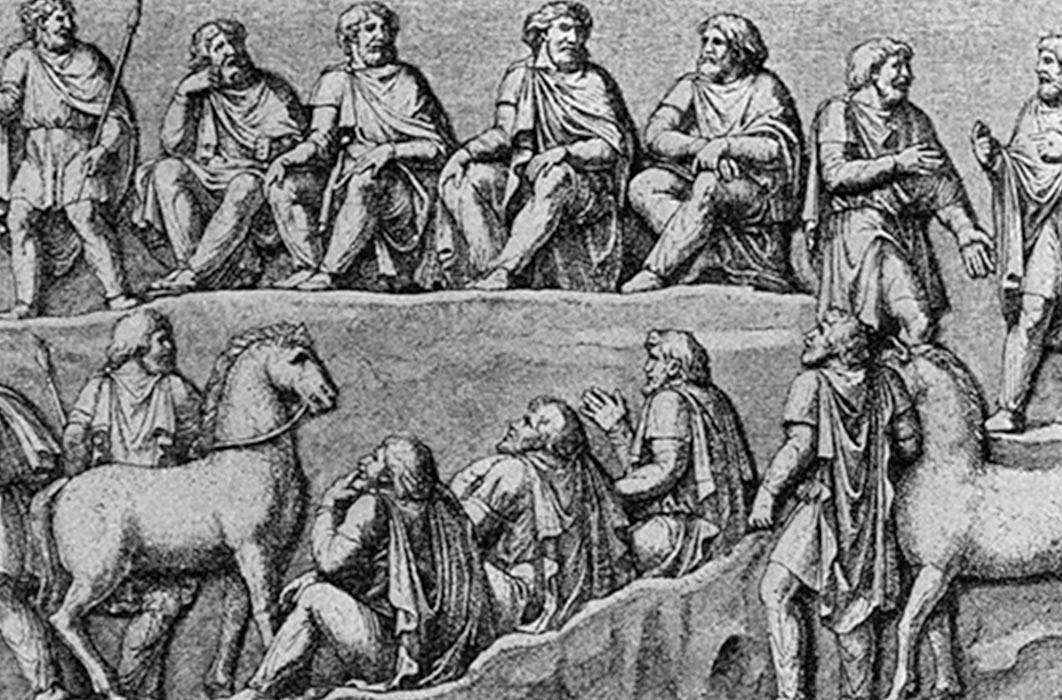
Things: Old Viking Parliaments, Courts And Community Assemblies
Ancient governmental terminology such as monarchy, oligarchy and democracy have been used for more than 2,000 years and have Greek and Roman origin, but in Early Germanic societies

Ancient governmental terminology such as monarchy, oligarchy and democracy have been used for more than 2,000 years and have Greek and Roman origin, but in Early Germanic societies
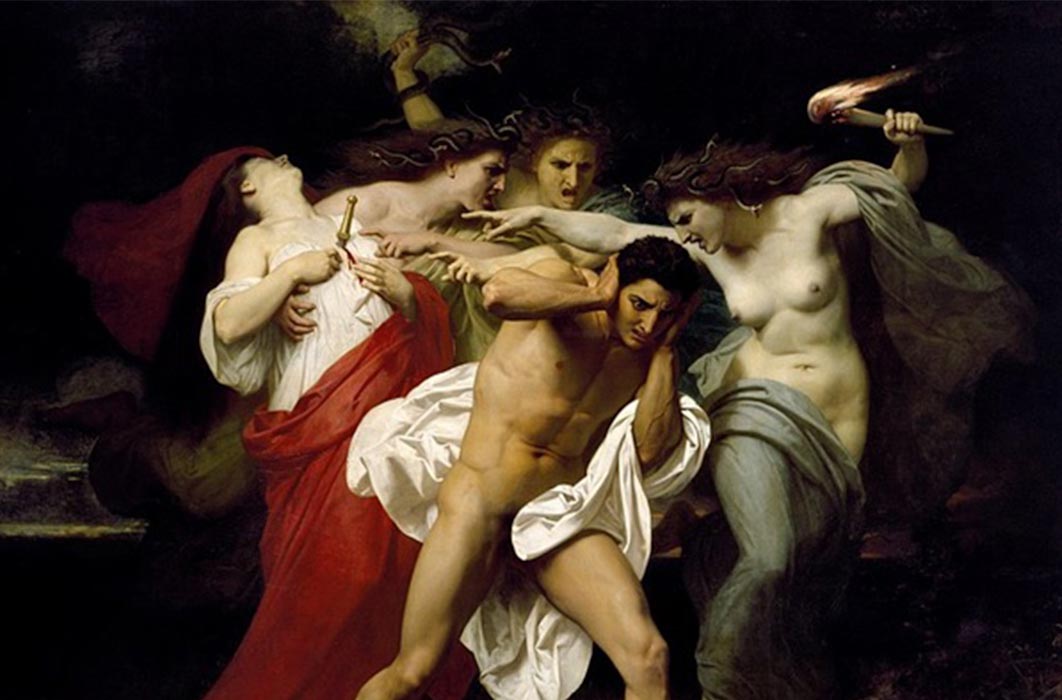
Euripides (circa 480 – 406 BC) was the last of the three great tragedians of Classical Greece - the other two being Aeschylus, the ‘Father of Tragedy’ who, among many others wrote Agamemnon (458 BC) and Seven Against Thebes (467 BC)
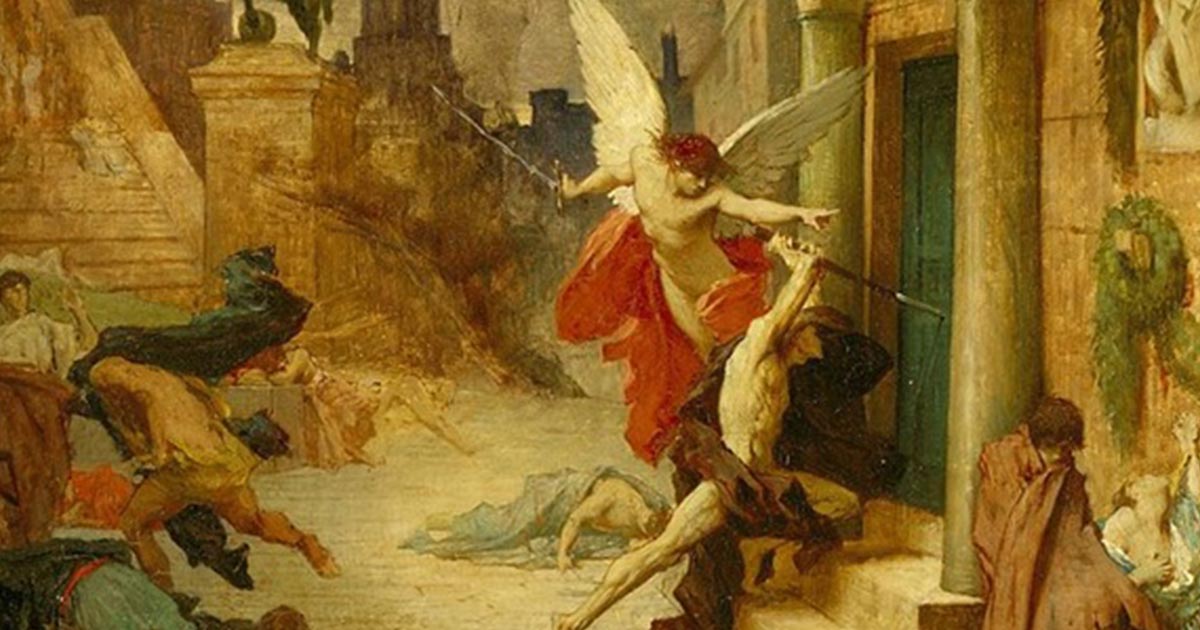
During antiquity, Rome was an international metropolis, a melting pot bustling with people from all four corners of the empire. The city had impressive marble structures towering over overcrowded buildings called insulae...
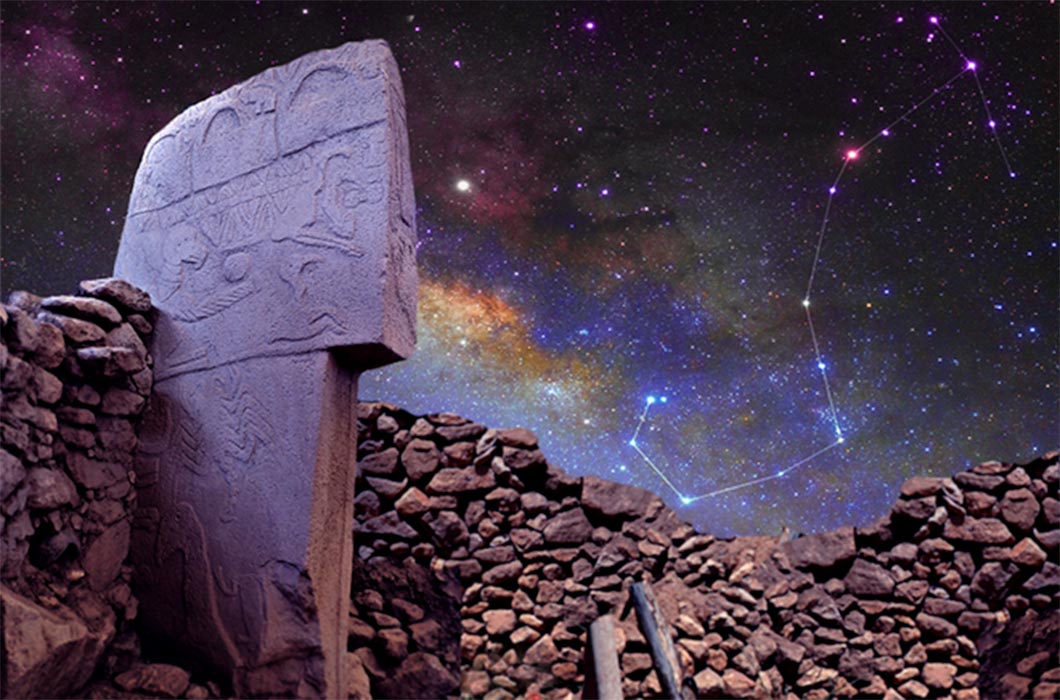
From its initial discovery in 1994, ancient Anatolia's Göbekli Tepe has closely guarded a mysterious secret. Although the secret has been scrutinized and probed in great detail, the answer still remains elusive.
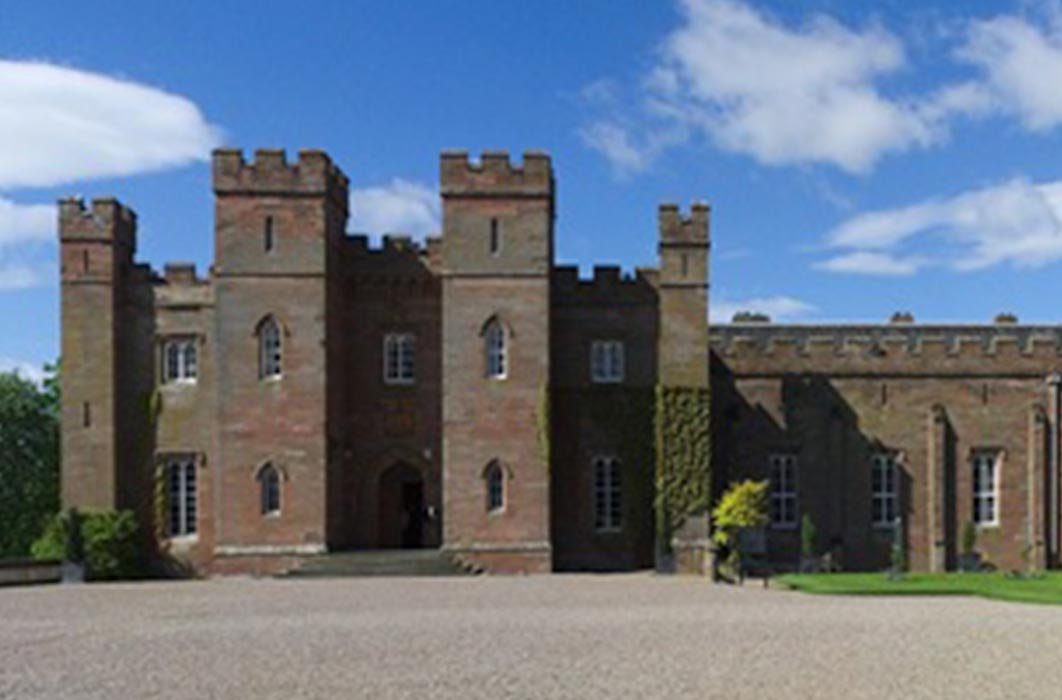
While the Medieval Norse world was judicially controlled by circular open-air assemblies called Things, at mounds called thingstead or thingstow, early Medieval Britain was peppered with moot, mote, and mute hills.
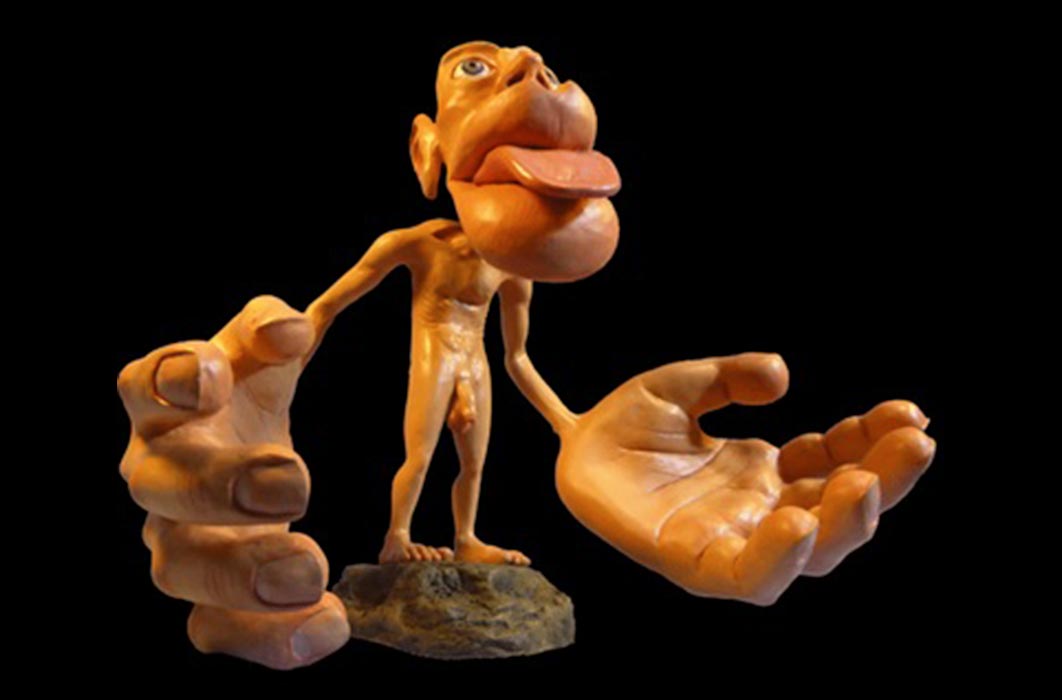
To mimic the Creator and create life ex nihilo – almost from nothing – has been the ambition of some men, none more so than [Anchor] Philip Theophrastus Bombast von Hohenheim (1493 - 1541)
